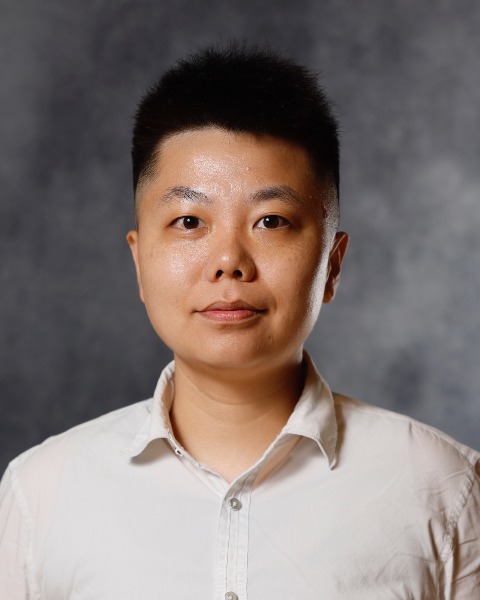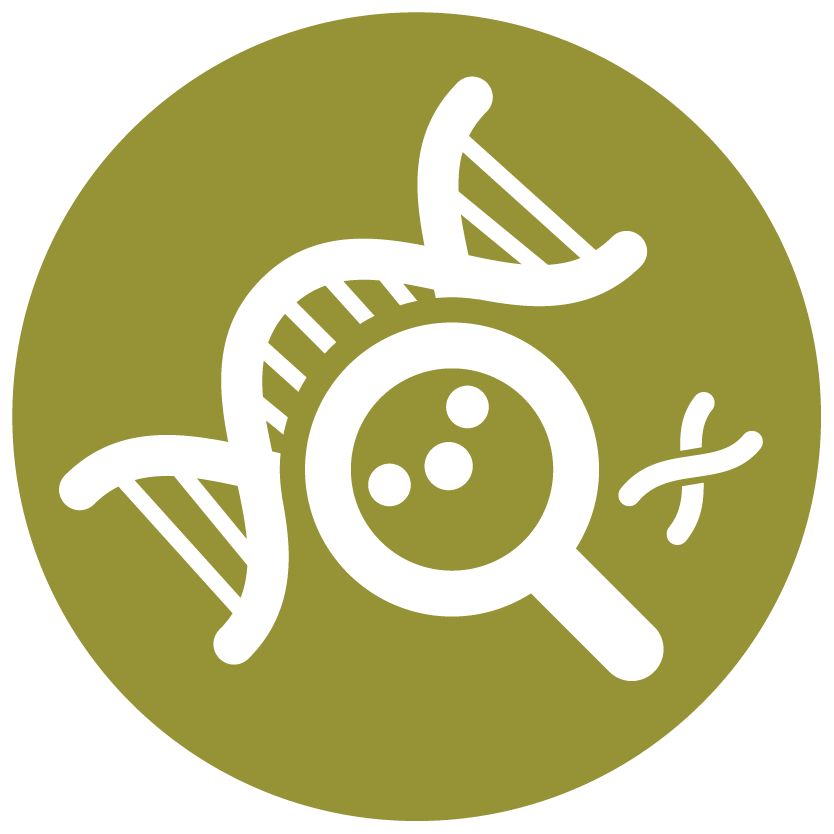Discovery and Basic Research
Hot Topic: Exosomes and Extracellular Vesicles: An Emerging Multifaceted System
Priming Immune-Evasive Tumors with T cell-derived Extracellular Vesicles
Wednesday, November 12, 2025
10:45 AM - 11:00 AM CT
Location: 220 / Cantilever Room

Mengying Hu, PhD (she/her/hers)
Assistant Professor
The Ohio State University College of Pharmacy
Columbus, Ohio
Hot Topic Speaker(s)
A novel mechanism will be introduced by which extracellular vesicles (EVs), distinct from traditional cytokine-mediated signaling, released from activated T cells (AT-EVs) establish a positive feedback loop that enhances antigen presentation and immune responses in both physiological and tumor settings. This immunostimulatory effect is driven by EV-DNA, primarily composed of genomic DNA fragments enriched in genes involved in antigen processing and presentation (APP).
Mechanistically, AT-EVs facilitate the efficient transfer of APP-related gene sequences into the nucleus of recipient cells, offering mechanistic insights that could inform the design of innovative non-viral DNA delivery systems. Notably, AT-EVs demonstrate therapeutic potential as immune-enhancing agents, particularly in restoring MHC class I-mediated APP in immunotherapy-resistant tumors. Moreover, AT-EVs exhibit synergy with immune checkpoint blockade therapy across multiple refractory tumor models.
Together, these findings uncover a previously unrecognized mechanism by which AT-EVs amplify APP and anti-tumor immunity. The discovery of their nuclear gene delivery capacity opens promising avenues for the development of next-generation non-viral gene delivery platforms with enhanced nuclear transport and gene expression efficiency.
Mechanistically, AT-EVs facilitate the efficient transfer of APP-related gene sequences into the nucleus of recipient cells, offering mechanistic insights that could inform the design of innovative non-viral DNA delivery systems. Notably, AT-EVs demonstrate therapeutic potential as immune-enhancing agents, particularly in restoring MHC class I-mediated APP in immunotherapy-resistant tumors. Moreover, AT-EVs exhibit synergy with immune checkpoint blockade therapy across multiple refractory tumor models.
Together, these findings uncover a previously unrecognized mechanism by which AT-EVs amplify APP and anti-tumor immunity. The discovery of their nuclear gene delivery capacity opens promising avenues for the development of next-generation non-viral gene delivery platforms with enhanced nuclear transport and gene expression efficiency.
Learning Objectives:
- Upon completion, participant will be able to recognize activated T cell-derived EV's function in upregulating antigen presentation capacity of recipient cells
- Upon completion, participant will be able to recognize the important role of a rarely studied EV cargo: EV-DNA
- Upon completion, participant will be able to recognize the potential of using activated T cell-derived EVs as a novel delivery vehicle targeting immune organs and tumor tissue
- Upon completion, participant will be able to recognize how activated T cell-derived EVs can inspire the design of novel non-viral DNA delivery system


